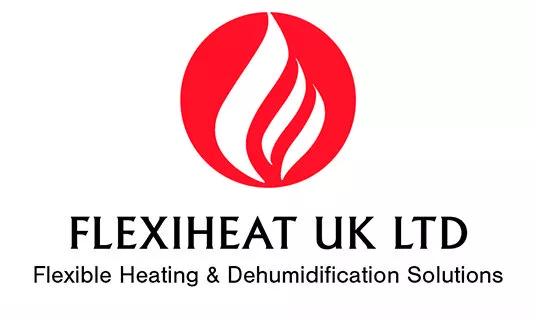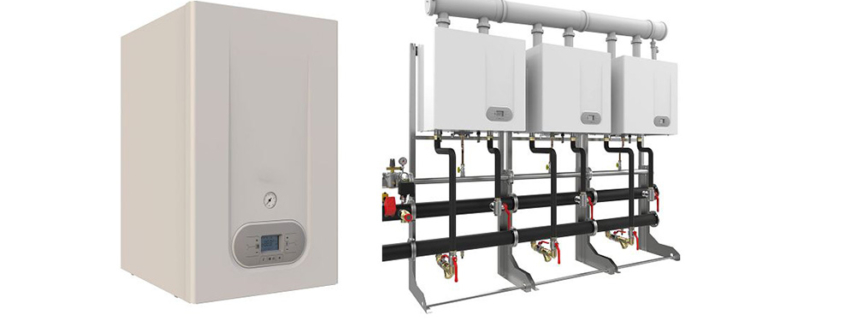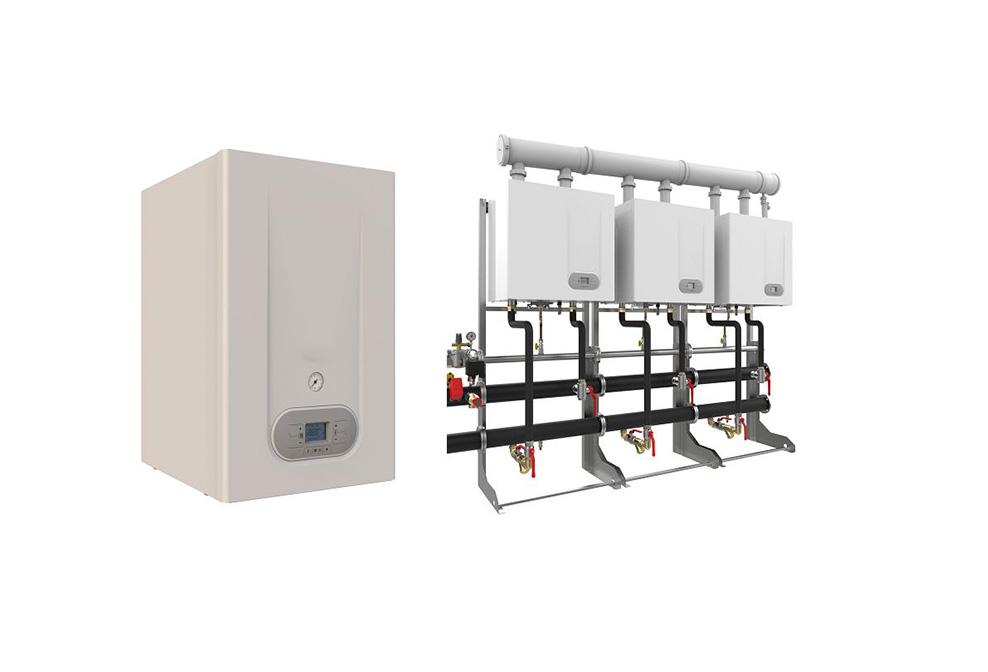Commercial Boiler
Commercial Boiler
A commercial boiler is a pressurized system that burn combustible fuel, either gas (natural or LPG) or oil to heat water that is then used to provide heat to your building. Commercial boilers work just like domestic boilers just that they are larger in output, some people say over 70 kW is a commercial boiler, whilst others say that anything over 50kW output is- there is no hard and fast rule to be honest. Some boilers use the actual hot water itself while others utilise water that has been turned to steam. Be it an hotel, school or hospital boiler, a district heating scheme or any industrial or commercial refurbishment of your heating scheme or project requirements, you can benefit from our vast experience in supplying commercial heating boilers in the UK and Ireland.
Inside the commercial boiler itself, the burner, whether it be natural gas / Propane (LPG) or Oil creates heat that is then transferred to the water via the heat exchanger. The process normally creates either hot water, depending on the type of commercial boiler. The hot water is circulated via pipes throughout your building. The water then enters radiators or other components that divide the heat thus providing the heating you require to keep your indoor spaces comfortable, just like a domestic boiler.
Our commercial boilers have energy efficiency, as you would expect from leading manufacturers and are normally used on pressurised systems
Natural gas is probably the most common fuel used in commercial boilers. Other types of boilers are available that burn fuel oil like diesel or heating oil. There are also boilers out there that use electric immersion heaters to produce heating from electricity-We also supply these
We do a full range of commercial boilers that can do heating and hot water for your commercial premises – these are detailed in more depth on these webpages
Commercial boilers – Gas fired – Natural gas or LPG
Commercial boilers – Combi -heating and hot water in one unit – Gas Fired – Natural gas or LPG
Commercial boilers – Oil fired
Commercial boilers – Electric powered
We at Flexiheat have the widest range in the UK, of efficient boilers for commercial heating and hot water applications, that provide maximum energy efficiency and low emissions for your installation.
Common components of commercial boilers
- Burner: A burner is a device for the combustion of a fuel. For example, a fuel oil burner can be mounted on the boiler of a central heating system (oil heating). The burner produces a flame by pressing the fuel oil through a fine nozzle and supplying combustion air with a blower. In the burner start, the flame is usually ignited with an electric arc. The hot combustion gases enter the boiler, which effectively serves as a heat exchanger: the generated heat is transferred to the boiler water to a large extent. Similar burners are operated with natural gas. No atomization is necessary here, only a good mixing of gas and air. The correct dosage of the combustion air is important for a clean and efficient combustion. Ideally, the burner supplies exactly the required amount of air to the flame: by no means too little to allow complete combustion (without the formation of soot or carbon monoxide), but not too much to minimise exhaust gas losses
- Combustion chamber: A combustion chamber is a component in which air and fuel are mixed, ignited and burned to heat the water. The chamber contains the burners and is specially designed to provide a safe and secure area for high-temperature combustion of volatile fuel. The chamber is commonly constructed of steel, cast iron or other heavy-duty metal.
- Heat exchanger: The heat exchanger is an integral component that carries the heat created by the burners to the water in the boiler. Heat exchangers are commonly made of cast iron, stainless steel or copper.
- Controls: System controls allow the user to calibrate water temperature, air and fuel supply mixtures, ignition and internal pressure. The controls regulate when and how often the burner fires, the temperature of the water, the rate at which fuel is used and the quality of the mixture of fuel and oxygen. Commercial boilers can also be fitted with appropriate safety controls that make sure that the internal pressures in the boiler doesn’t get too high, the water temperature stays within a safe range and ensures that the system continues to operate properly.
- Exhaust stack: Also called the flue, the exhaust stack is the series of pipes that divert the exhaust gases away from the inside of the building to the outside. The exhaust stack must be constructed to ensure that any dangerous gases such as carbon monoxide are safely vented away from the interior of your facility.
Boiler Safety and Maintenance
Commercial boilers can be unpredictable systems containing very hot water under high pressure. Therefore, care must be taken to make sure the boiler is clean and working properly and that all safety systems are functional and ready to work if required. Hot water leaks can pose a serious risk of causing injuries or damage. Commercial boilers can potentially explode in the worst circumstances, which can result in serious injuries or even death as well as significant damage to your commercial facility.
It is imperative that your commercial boiler receives regular preventive maintenance from a professional heating engineer. This maintenance not only ensures the system works correctly and at its highest level of efficiency but that it also works safely.
Here at Flexiheat UK, we realise that finding and purchasing a new commercial boiler is a complicated business. This is made far worse by the confusing terms used to describe boilers. This is our guide to these commercial boiler technical terms, to help make your search easier.
Condensate
The term condensate is used regularly. Throughout the process of producing heat, the boiler will produce some condensation of the flue gases in a condensing boiler. This needs to leave your building or premises normally through an outside wall. In addition, some of the condensation will turn to liquid and need draining away. This is normally through a pipe that connects to your pre-existing drainage system.
Condensing Technology
This term has increased in popularity, as modern boilers are all fitted with condensing technology. This means it is capable of condensing the gas into heat for your business. The benefit of condensing technology is that a lot more of the waste gases are recycled and turned into more heat, which is far more cost effective and better for the environment.
Flow Rate
Flow rate is a term used to describe the amount of hot water that is produced in one minute. This is mainly relevant to combi-boilers, which do both the heating and hot water requirements. The higher the flow rate, the more water produced which means your boiler can work for less time and use less fuel. Essentially a commercial boiler with a good flow rate will save you money on your bills, whilst satisfying your hot water requirements . Commercial combi boilers are the ideal boilers for smaller commercial property applications.
ErP Rating
This term refers to the A++ to G ratings, shown on all new boilers. Referring to the boiler’s energy efficiency as well as its heating and hot water performance, the rating allows you to choose the most efficient boiler. A++ is the highest performing and G is the lowest.
SEDBUK Rating
This term means: Seasonal Efficiency of Domestic Boilers in the UK. It is a percentage rating for boiler efficiency and it has been added as part of the overall ErP rating.
We at Flexiheat UK hope this glossary helps make choosing a new commercial boiler a little easier. Don’t let the commercial boiler technical terms give you a headache!
For any help,advice, latest offers or more information , don’t hesitate to contact us today on 01202 822221 or click here for our email contact form.

 Flexiheat UK
Flexiheat UK

 Flexiheat UK
Flexiheat UK